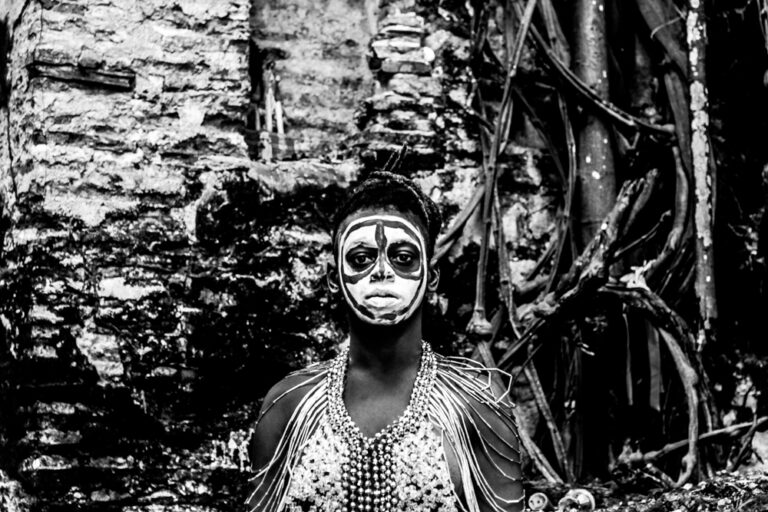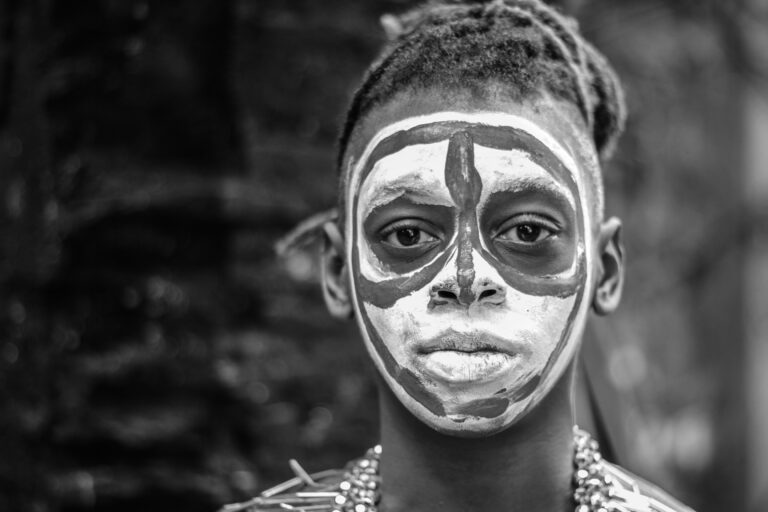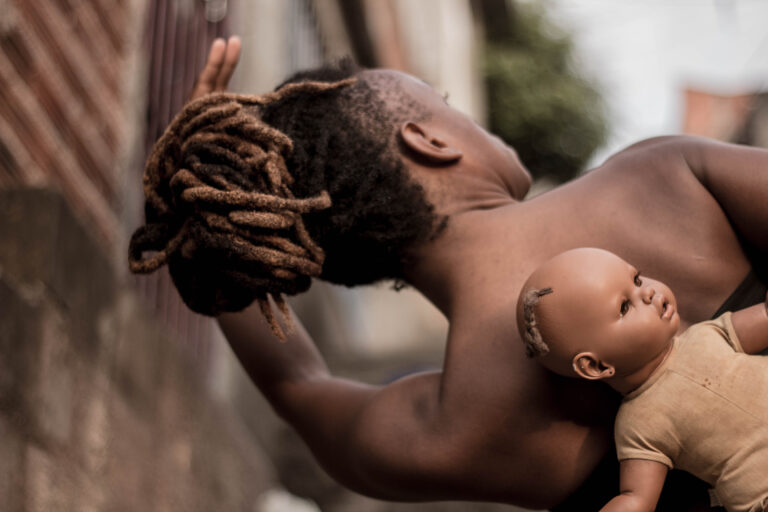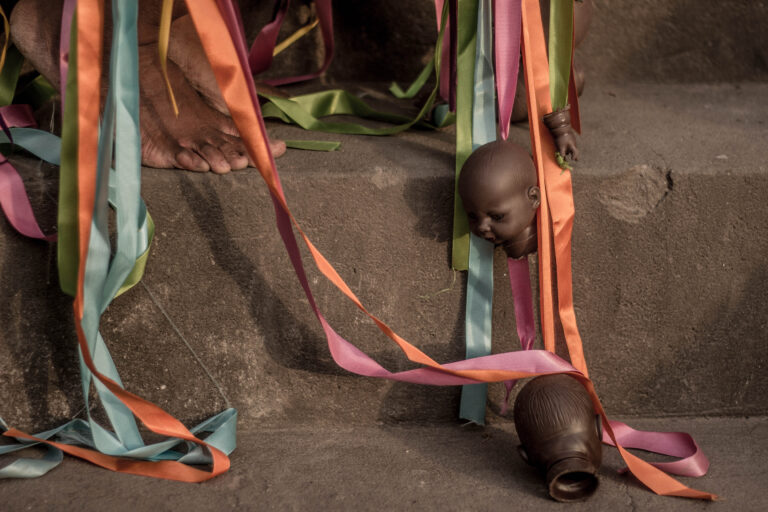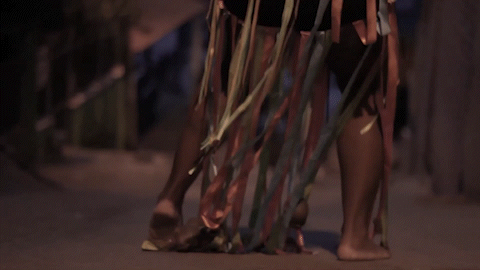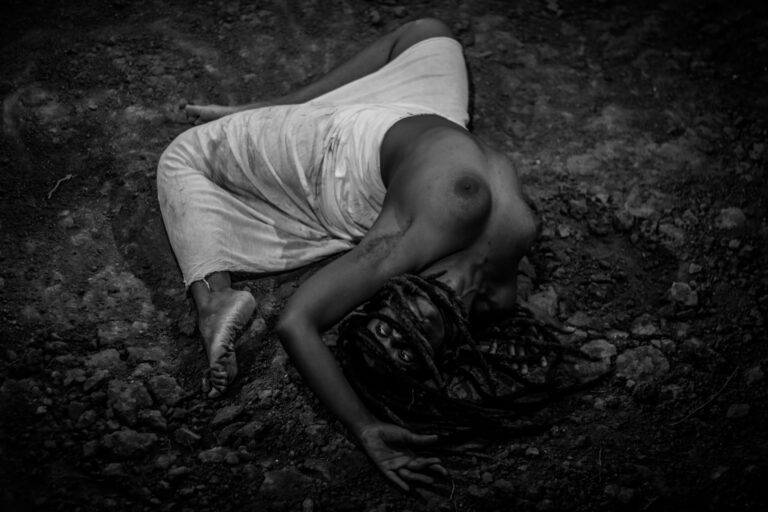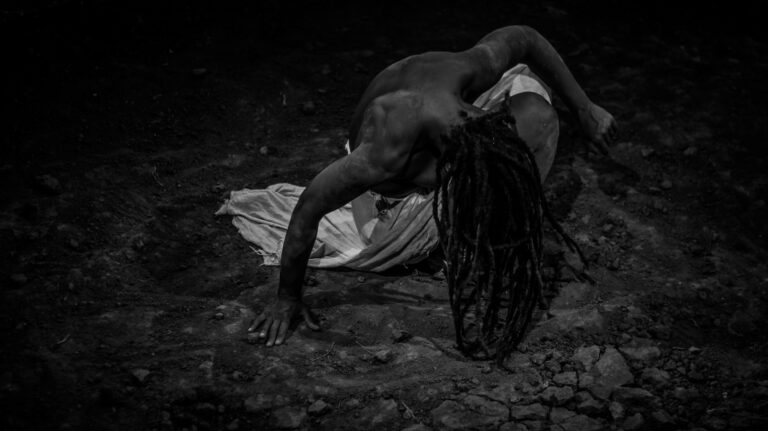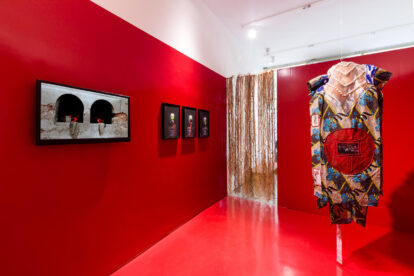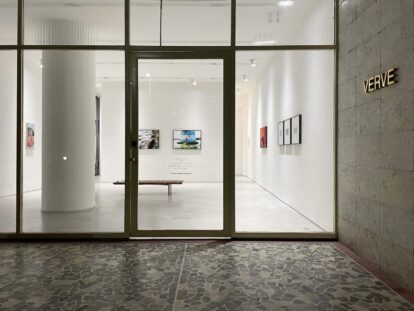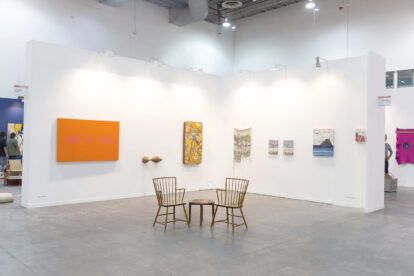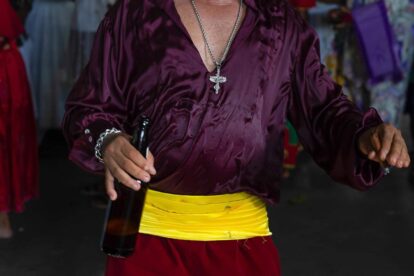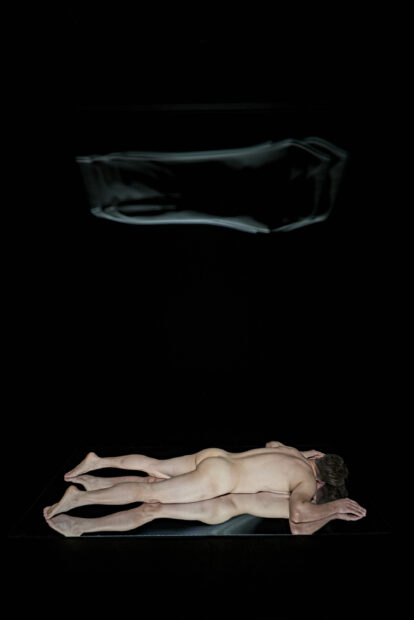Ancestry, mothers, grandmothers, sisters, aunts, their stories, recipes and practices, goddesses and priestesses, orixás… and if they were not only guides to life, but reminders that what is called life is inseparable from what is it called death? What if we were reminded that existence is nothing more than an incessant movement: to exist/to cease to exist?
By removing the singular existence of space-time, by remembering it in bodies, soil, rivers, seas, trees and all living and non-living things that inhabit the woods and forests, ancestry returns the what we call the present to infinity, where indifference between everything and nothing spells fullness. This recomposes the memory, returning it to the moment from which it derives meaning, that is, to what happens. Not only to what already happens, nor to what is happening, but to the moment when what has not happened: the existence that does not come and, therefore, perhaps, has become another existence – mine or yours existence –, possible and significant in its singularity.
Stories and practices guided by the principle of ancestry bring back into being what memory, when guided by time, only retains as an image. In things and their components – in tattoos, marks, scars; in colors; in the sounds, rhythms, fabrics; in texture and smell, and even in the yellowing of the photos or in the haircut that reveals time –, ancestry displaces abstract time and returns to fullness each and every event and its moment. Where-when all and any existences reveal themselves beyond life and death and, in doing so, exposes how the separation between the two only serves the thought and the mode of existence guided by temporality, which needs measures, limits and everything that makes comparison possible here, of any instrument that establishes a difference, because the attribution of value depends on that.
The work of Ana Beatriz Almeida reminds us that there, beyond life and death, there is not a passage, the limit between one moment and another, but infinity itself. Infinity, I mean the all-nothing, the where-when all existences become nothing more than versions of (im)possible stories. There, I mean, any and all, no place or time, outside of space and time; where time and space meet the meanings we now recognize. There, where ancestral stories and practices remember, record and graph us not as unity and identity, but as the infinity of potentiality, virtuality and possibility, where each existent finds the meaning of its uniqueness.
All, there always and also, we are one + ∞ – ∞, one + one (or two) + ∞ – ∞, even when nothing more than reflecting who could have existed or never came to exist; if, on coming into existence, another composition becomes possible. In the face of ancestry, no one is just one, not always and only the same, but always himself and the other, himself as another: each one is itself the other. Also always all the others that have been, already are, will be and never, and therefore always, may or may not exist. In the work of Ana Beatriz Almeida, we find ourselves in the ancestry – of each one of us, in themselves and in each other person – the singular existence.

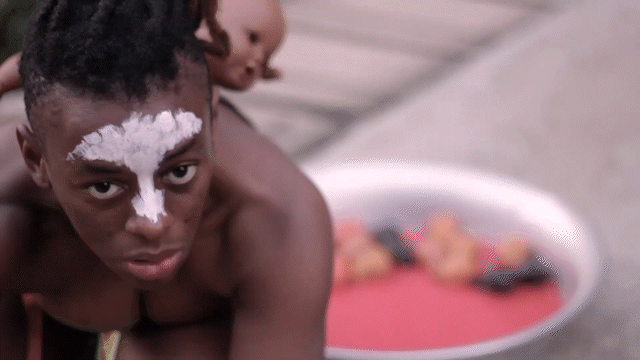
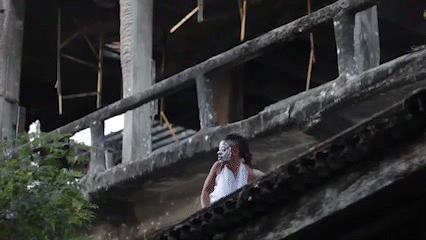
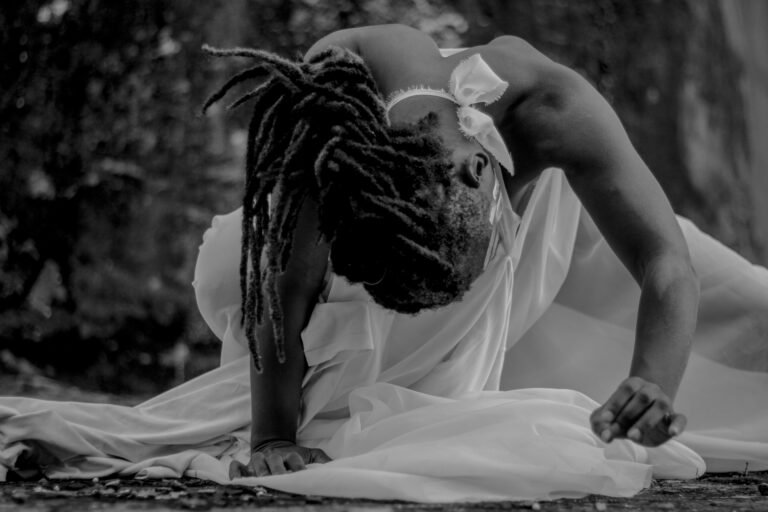
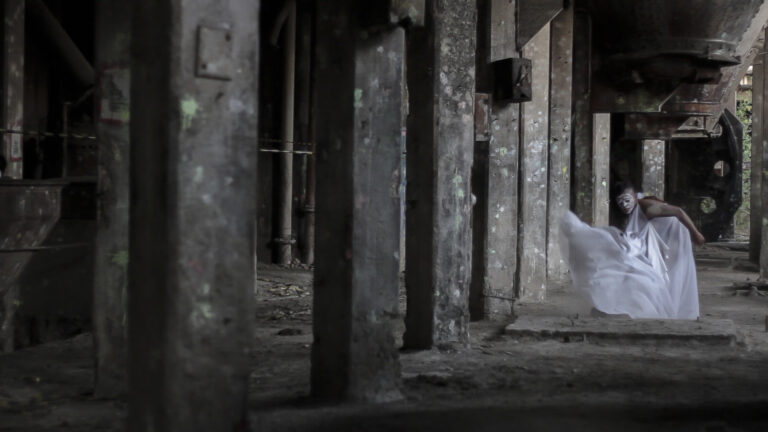

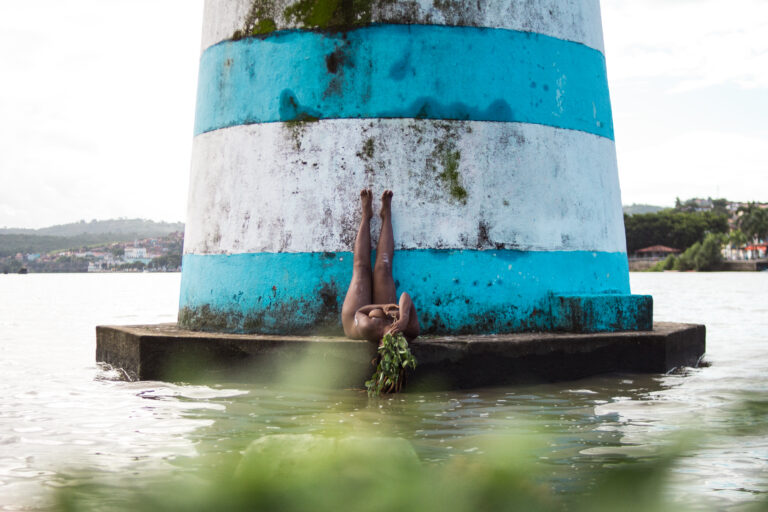
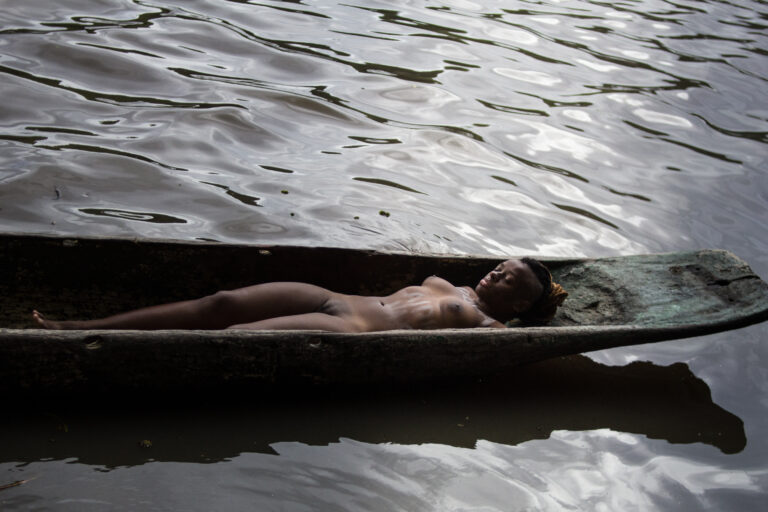
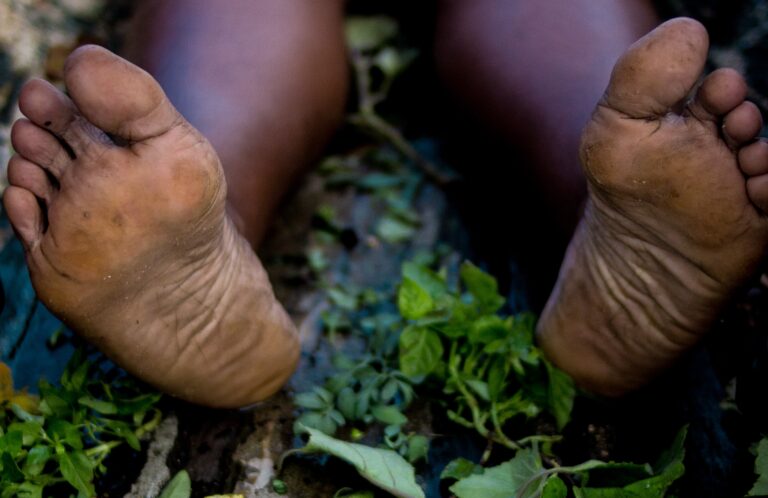
![Dan-Homey (o lar de Dan) I [Dan-Homey (Dan's home) I]](https://www.vervegaleria.com/wp-content/uploads/2022/05/Ana-Beatriz-Almeida-Dan-Homey-o-lar-de-Dan-I-da-serie-Dan-Homey-2021-150x100cm-registro-fotografico-de-Shai-Andrade.jpg)
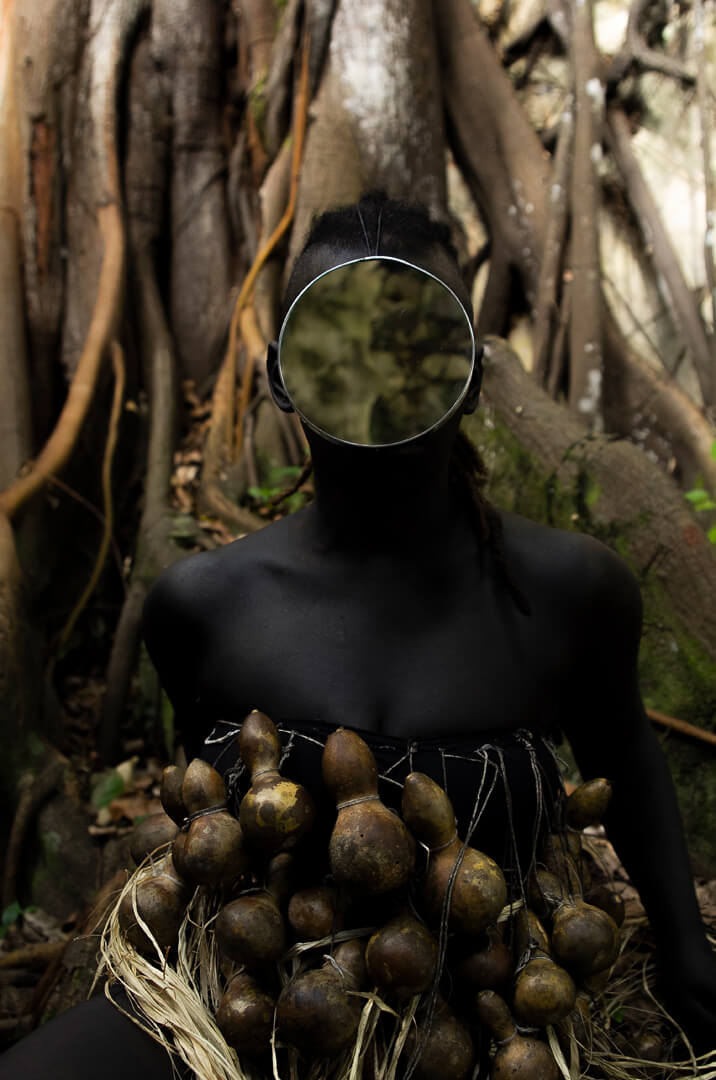
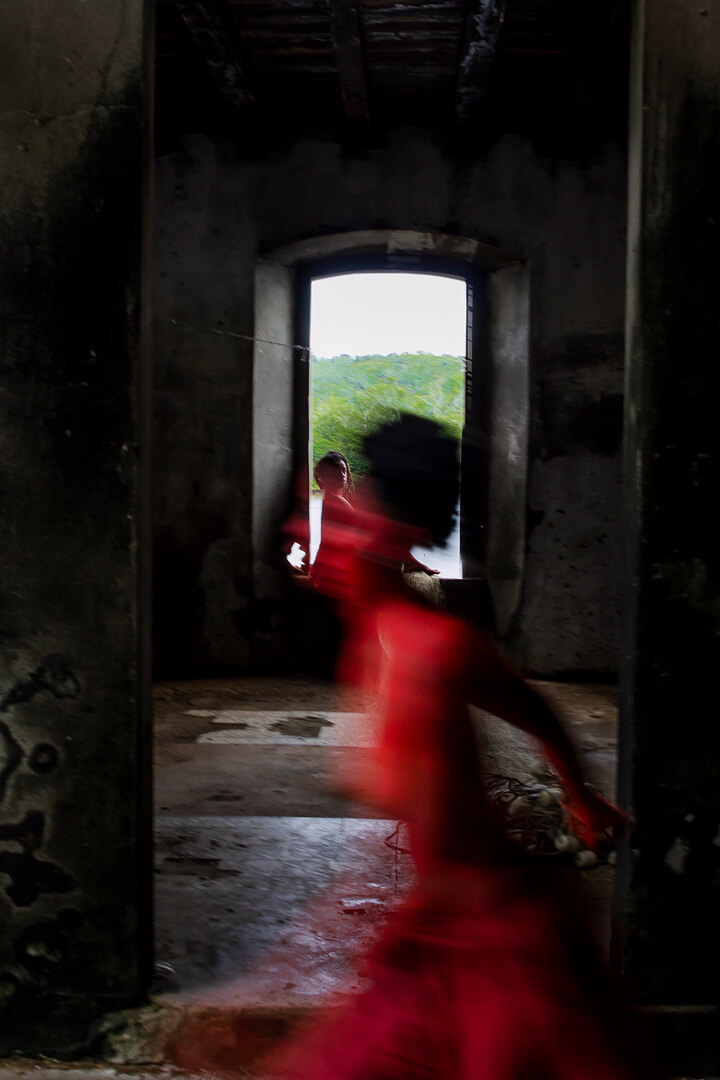
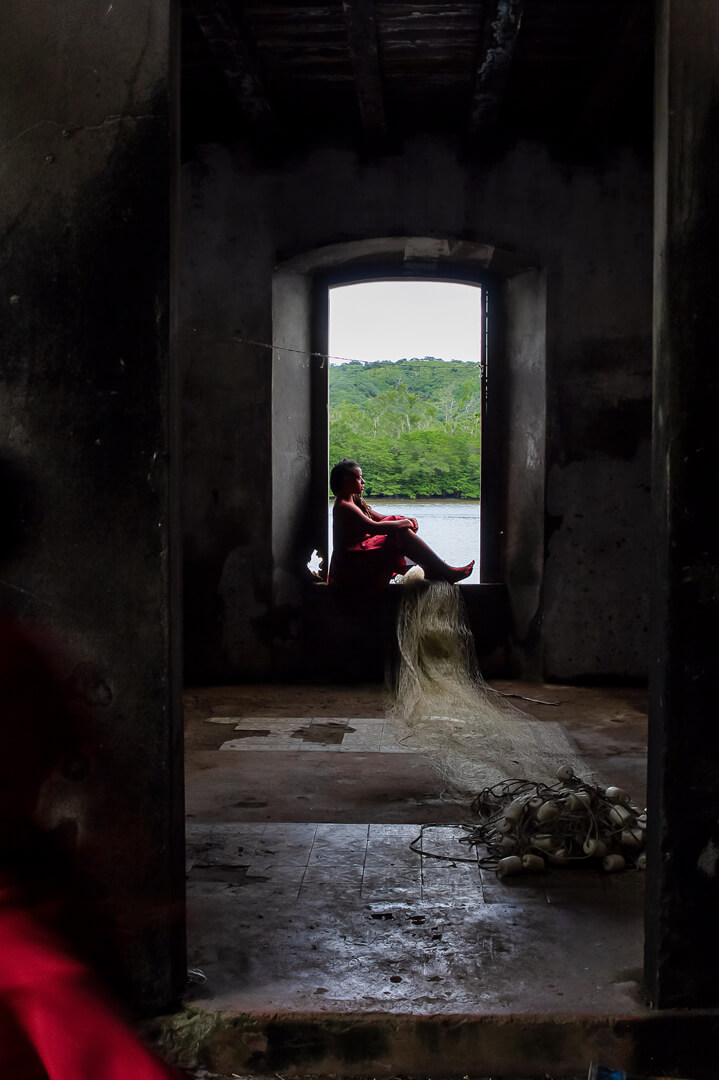

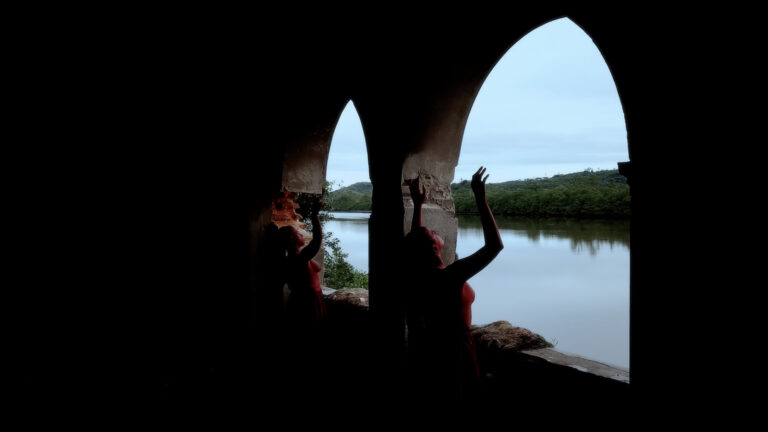
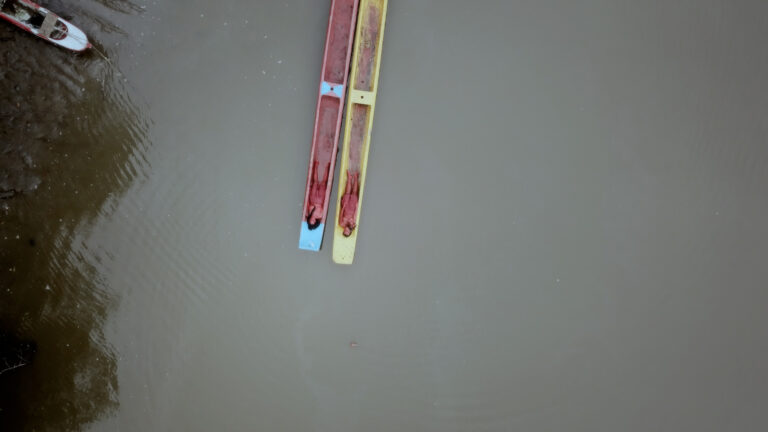
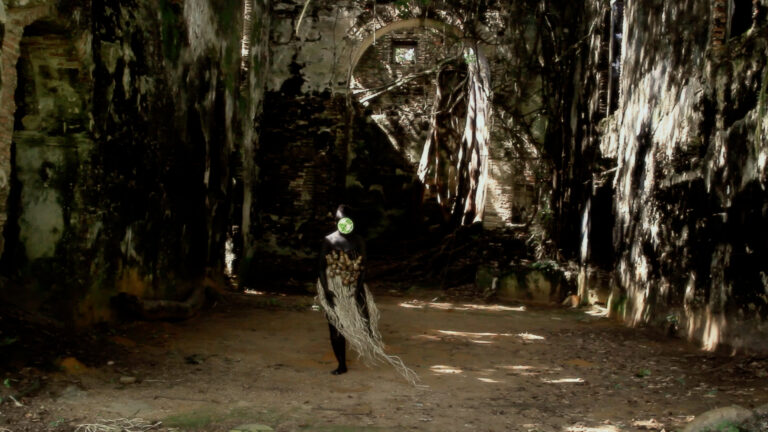
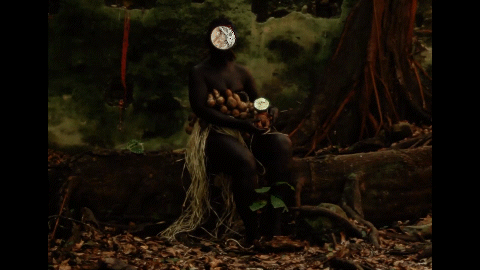
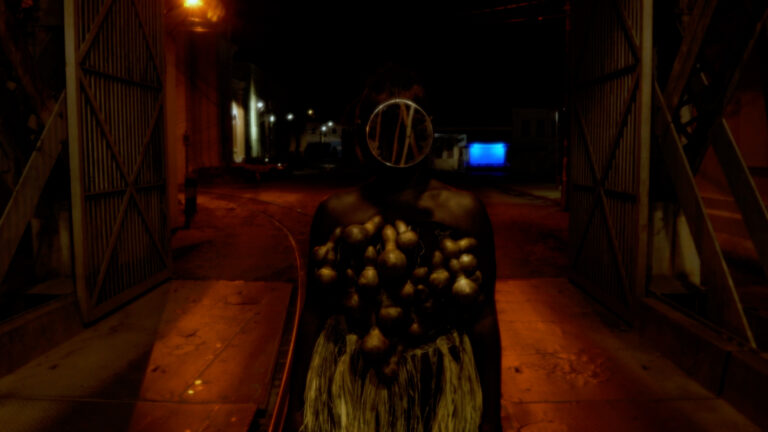
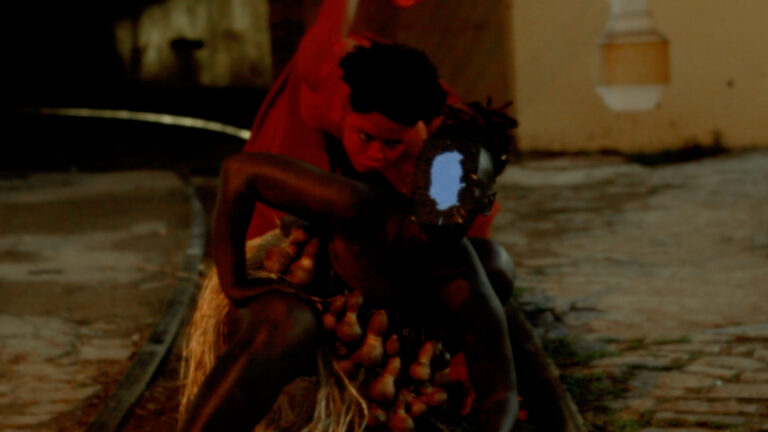
![Narrativa griot sobre a criação do mundo [Griot narrative of the creation of the world]](https://www.vervegaleria.com/wp-content/uploads/2022/05/vovo-cici-1-768x432.jpg)
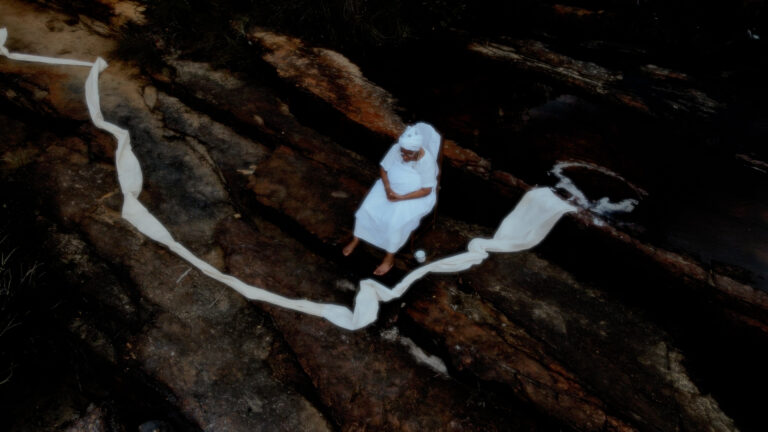
![O Mercado: a Iniciação II [The Market: the Initiation II]](https://www.vervegaleria.com/wp-content/uploads/2022/05/O-mercado-a-Iniciacao-pt-2-da-serie-Sacrificio-Ritual--768x512.jpg)
![O Mercado: a Iniciação II [The Market: the Initiation II]](https://www.vervegaleria.com/wp-content/uploads/2022/05/O-mercado-a-Iniciacao-pt-1-da-serie-Sacrificio-Ritual--768x512.jpg)
